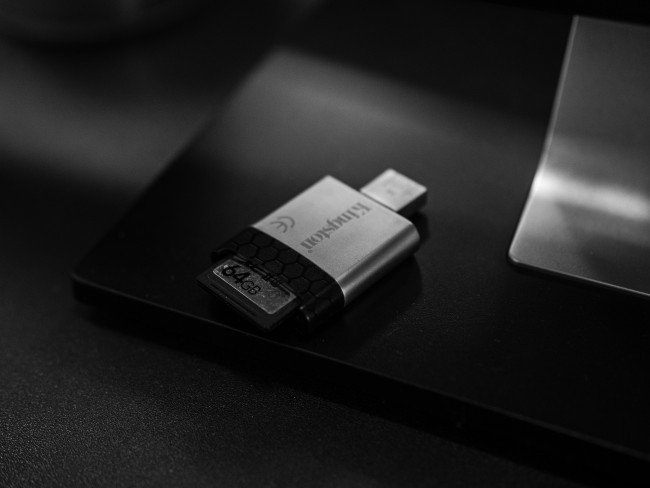Some study programs and courses at UiS have specific requirements from students. See details regarding police certificate and suitability assessment below.
Police Certificate
Students admitted to programmes and courses where there will be practical training involving children, adolescents, students, patients and other vulnerable groups, must provide a police certificate, cf. Act relating to Universities and University Colleges.

At UiS, this applies to the following study programmes and courses:
- Adjunct and teacher training programs in humanities
- Bachelors program in performing music
- Bachelors program in paramedicine
- Bachelors program in nursing
- Bachelors program in social work
- Bachelors program in costums and border management
- Bachelors program in sports
- Bachelors program in preschool education
- Bachelors program in child welfare work
- Bachelors program in primary education
- Masters program in special education
- Masters program in child welfare work
- Masters program in healthcare and nursing
- Masters program in midwifery
- Masters program in specialized nursing
- Practical pedagogical education
- Continuing education in preschool education
- Continuing education in cancer nursing
- Continuing education in early childhood education
The purpose of requiring a police certificate is to ensure that students who come into contact with children and young people, patients, and other vulnerable groups do not have a criminal background that could pose a potential risk to these groups.
The processing time to receive a response to the police certificate is approximately 14 days, but it may also take longer, so apply as soon as possible after accepting the offer and receiving information about the police certificate. The submitted police certificate can not be older than three months.
Suitability Assessment
Teacher-, health- and social education programs have special requirements for suitability. There are two types of suitability assessments, ongoing and special, and students are evaluated based on the suitability criteria specified in the suitability regulations.

The Universities and Colleges Act of August 1, 2024, legislates suitability assessment. The Ministry of Education and Research's Regulation for universities and university colleges chapter 7 provides further details on the assessment and handling of cases.
The requirement to assess students' suitability exists in the following programs and courses at the University of Stavanger:
- Preschool Teacher Education
- Primary School Teacher Education 1st - 7th grade
- Primary School Teacher Education 5th - 10th grade
- Lower Secondary School Teacher Education 8th - 13th grade
- Practical Pedagogical Education (PPU)
- Special Needs Education
- Child Welfare Work
- Social Work
- Nursing
- Midwifery
- Paramedicine
- Bachelor in leisure-Time Pedagogy
- Professional Guidance for and with Students and Graduates (VVL100, VVL110, VVL 120)
- School-Based Practice Teacher Education (VLU125)
- Professional Guidance in Education and Profession (PVE100)
- Professional Guidance - Teaching Students to Become Teachers (VLU107)
- Child Welfare Educator Social Work (socialworker)
- Master's Degree in Child Welfare
- Master's Degree in Substance Abuse and Mental Health Work
- Master's Degree in Specialized Nursing, Anesthesia
- Master's Degree in Specialized Nursing, Intensive Care
- Master's Degree in Specialized Nursing, Operating Room Nursing
- Master's Degree in School Health Nursing
- Master's Degree in Cancer Nursing
- Bachelor's Degree in Costums and Border Control
If you have any doubts about the suitability of one of our students, we kindly ask you to send us a notification of concern. Please fill out this form (norwegian) (pdf).
Head of Suitability
Department of Education and Sports Science
Relevant articles
Tribunal for Student Affairs at UiS
The Tribunal for student affairs at the University of Stavanger shall ensure students a fair and impartial handling of c...
Allocation of limited exchange spaces
How do we rank applicants when there are limited study spaces available?
Tuition fees for international students
Students with citizenship from a country outside of the EU/EEA and Switzerland are required to pay tuition fees at the U...
Exemptions from paying tuition fees
Students from outside of the European Economic Area (EEA) and Switzerland are required to pay tuition fees at the Univer...
Classification of information
The overview below will help you assess what class of information you are working with, and what the requirements are fo...
Guidelines for using Teams for audio recording when conducting interviews in student assignments
If it is not possible to conduct an interview in person, it is possible to use Teams to conduct the interview and "Netts...
Data storage guide for employees
This guide tells you where to process, store, and process information.
Bjergsted: Requirements for attendance at teaching and projects
Attendance requirements at the Faculty of Performing Arts (UK) are an elaboration of the course descriptions' work requi...
Regulations concerning studies
Students at the University of Stavanger are required to be familiar with the contents of the Regulations relating to Stu...
Entitlements and obligations
On this page you'll find information about entitlement to study, study rights and responsibilities as a student. You can...
Students must have their own laptop
It is a requirement that all students at the University of Stavanger must have their own laptop.
Academic misconduct
The University of Stavanger must react when academic misconduct or attempted academic misconduct is uncovered. Academic ...
Regulations relating to studies and examinations at The University of Stavanger
Specified by the board of the University of Stavanger on June 11th 2020 pursuant to the Act of April 1, 2005 No. 15 rela...
IT Regulations
As a user of ICT equipment and services at UiS, you are obliged to know the rules that apply.



















